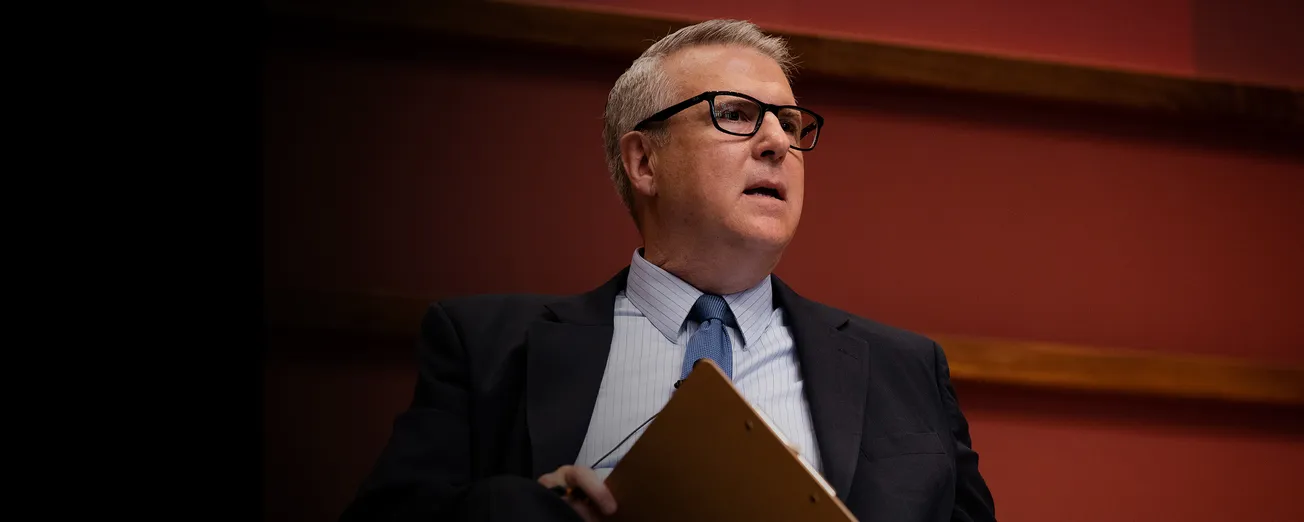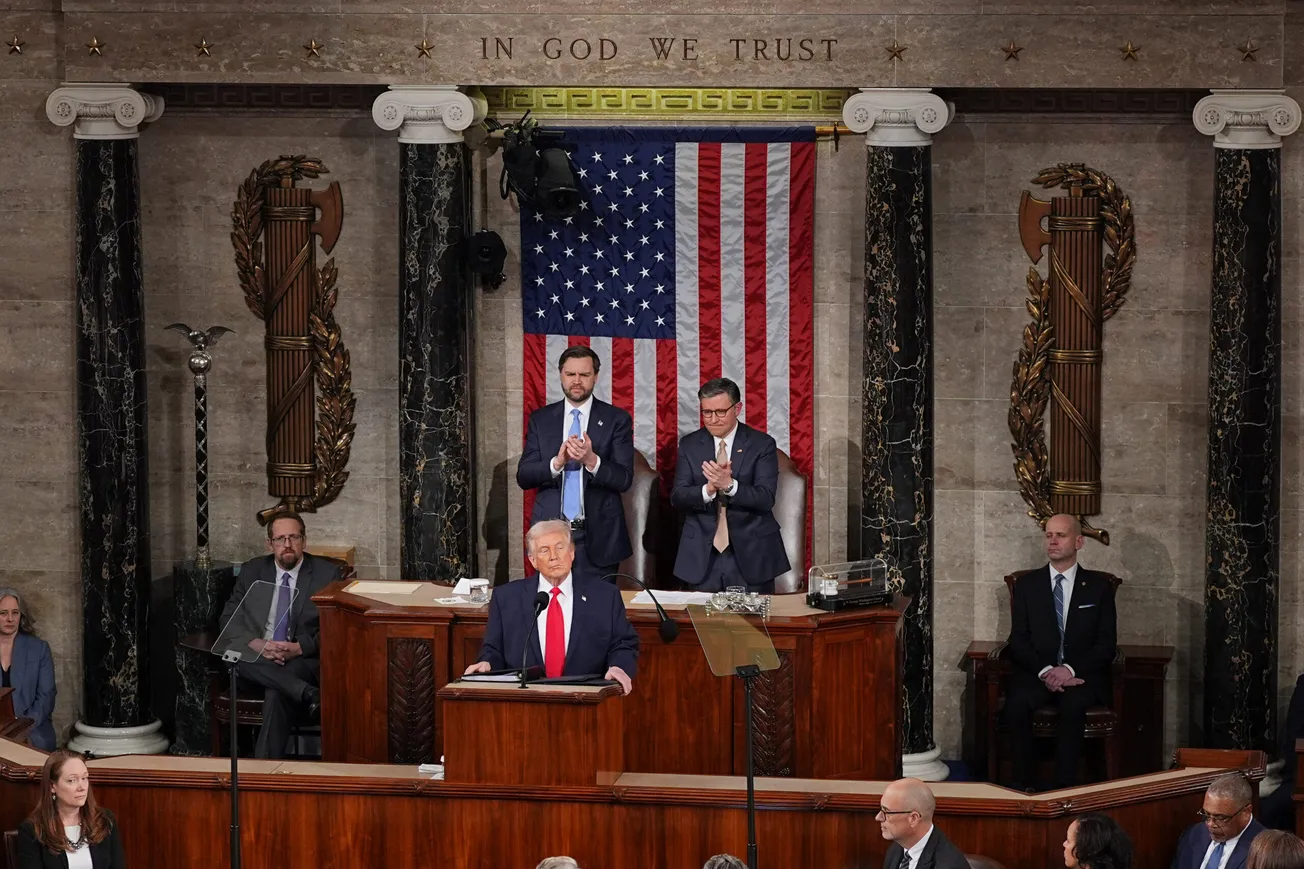Table of Contents
With the first election cycle since Citizens United, the country has had its first opportunity to witness the decision’s effects on political campaigning. The 5-4 Supreme Court decision handed down this January ruled that, under the First Amendment protections of free speech, independent political broadcasts from corporations, unions, and other groups of individuals could not be limited by Congress.
The case struck down the strongest provisions of the Bipartisan Campaign Reform Act of 2002 (BCRA), so there has been plenty of discussion on what the decision means for federal elections.
Bill Whalen, Research Fellow at the Hoover Institute and expert on political campaigns, said, “There are two schools of thought. It’s either a striking blow for the First Amendment or it’s a striking blow for big business.”
Opinions on the case seem to be divided almost strictly along party lines, at least among government officials. Republicans have tended to laud the decision while Democrats have unleashed a flood of scathing reviews.
President Obama, who decried the decision in his latest State of the Union address, has maintained his opposition, stating in an August 21st speech: “We cannot allow the corporate takeover of our democracy.”
And frankly, it’s easy to see why Democrats are upset: recent studies show that Republicans are benefiting the most from this new unregulated influx of support.
The bipartisan Centre for Public Integrity has concluded that recently, Republican-friendly groups have outspent their opponents by five times. But as Whalen points out, “This issue swings wildly both ways. Conservatives cry ‘foul’ when unions come in. Liberals call ‘foul’ when big business and the Chamber of Commerce come in.”
Some argue, however, that opening the floodgates to outside contributions may not be the real threat that so many make it out to be. The Economist has argued that money rarely determines elections because of the law of diminishing returns. In other words, expenditures will only get a candidate so far, and once voter awareness of a candidate has been achieved, every additional buck benefits a campaign less and less.
Americans for Campaign Reform ran a study that suggested in 2008, for example, one would need about $700,000 to have a significant chance of winning a House seat. Depending on the size of the election in question, the maximum benefit point varies, but it is never so high so as to be a problem for Democratic candidates. Liberal interest groups, individuals, and labor unions, after all, are just as authorized to spend their hearts out under Citizens United as “Big Oil” and Wall Street.
In fact, Whalen concludes that the ruling’s most significant effect is to do away with campaign reforms that essentially empowered incumbents. Although some first-time candidates can support themselves with personal fortunes (such as Meg Whitman), others were previously disadvantaged by the inability to attract outside contributions to be used for increasing a candidate’s name recognition among voters.
As Whalen argued, “Citizens United protected the right to keep the playing field level.”
However, many have expressed concerns about the need for greater transparency in campaign spending. For example, in a recent address, President Obama lamented the fact that “we don’t know who’s behind these ads, and we don’t know who’s paying for them.”
According to Public Citizen, a non-profit organization fighting for government accountability, the percentage of groups disclosing their sources of donations for political ads has fallen to about 32 percent this election cycle, down from almost 98 percent in 2004.
Citizens United upheld the disclosure requirements of the BCRA (as well as restrictions on direct collaboration between candidates and outside groups), but these requirements are seen as insufficient by many. Politicians claim interest groups, unions, and corporations are now airing ads under misleading misnomers.
When asked if candidates’ donations should be made public, Whalen replied succinctly: “Absolutely.”




